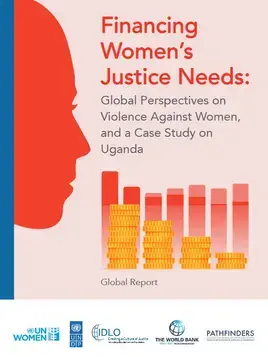
Key barriers to women’s access to HIV treatment: A global review
Commissioned by UN Women, the AIDS Vaccine Advocacy Coalition (AVAC), Athena Network, and Salamander Trust undertook a multistage review to highlight the experiences of women living with HIV accessing treatment and quality care. This community-based, participatory review was led and governed by 14 women living with HIV from 11 countries as a Global Reference Group: they designed the survey questionnaires, conducted focus group discussions and interviews and validated the findings.
This global review takes place during a turning point in the HIV epidemic, when an increasing focus is placed on strategic investments in health. This review is informed by a gender-responsive and human rights–based framework to explore the micro-, meso-, and macro-level factors that impact women’s experiences of treatment availability and their decision-making processes around its uptake.
Findings presented in this report address the interplay of structural factors that affect women’s overall access to health and resources, such as poverty, economic security, decision-making power, and stigma and discrimination. The most frequently cited barriers included actual and/or fear of violence, stigma and discrimination, treatment side effects, low treatment literacy, gender roles and care responsibilities, lack of access to and control over resources, dismissal, fear of disclosure or of HIV-related employment refusal, and other barriers.
Approaching the construct of treatment access from a gender-responsive and human rights–based approach yields valuable insights into the availability, affordability, acceptability, and quality of services and care. This knowledge is critical to the development of effective, women-led care, treatment, and support programmes.


